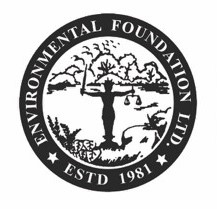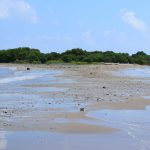Image Credits: Eco-Business.com Recently in an Audit Report prepared by the Auditor – General’s Department of Sri Lanka, it was revealed that “approximately 70% of the quantity of plastic imported to Sri Lanka is dumped directly into the environment”. According to scientific studies, it takes thousands of years for polythene and plastic to decompose. Due to this slow decomposition rate, polythene dumped in to the environment cause substantial damages to the soil, water ways, ecosystems, wildlife and human lives. Being concerned about
From conserving habitats to preventing illegal wildlife trade, the law is a crucial instrument in protecting Sri Lanka’s biodiversity and ensuring that endangered and endemic species are not forgotten and lost in waves of development. While Sri Lanka is bound by international conventions such as the Convention on Biological Diversity and the Convention on International Trade in Endangered Species of Wild Fauna and Flora, it has a diverse range of domestic legislature under which biodiversity is governed and considered. Biodiversity
[mk_button dimension=”two” corner_style=”rounded” size=”large” url=”https://efl.lk/v2/wp-content/uploads/2017/05/efl_wilpattu-deforestation_sinhala.pdf” target=”_blank”]View Sinhala Press Release[/mk_button] Environmental Foundation (Guarantee) Limited together with the Wildlife and Nature Protection Society filed a Fundamental Rights application in the Supreme Court (SC (Ref) No. 130/2017- pending support) objecting to the illegal clearing of Reserved Forests in the Wilpattu Forest Complex, on the 31st of March 2017. The respondents for the case include, among others, the Forest Department, Central Environmental Authority, Department of Wildlife Conservation, and the District Secretariat of Mannar. The grievances





